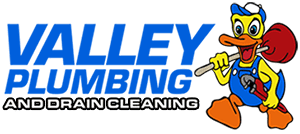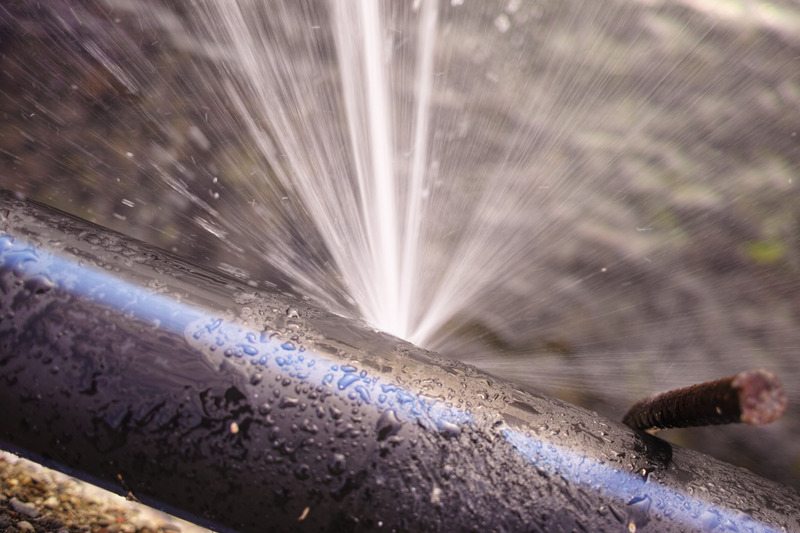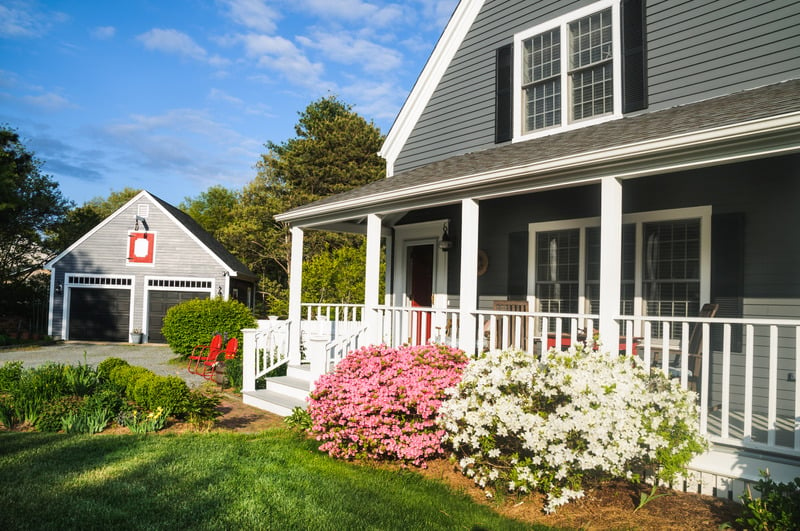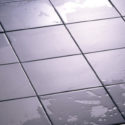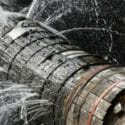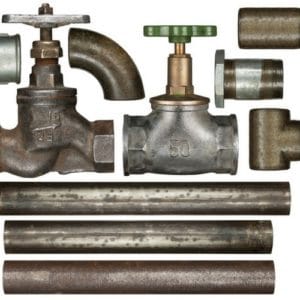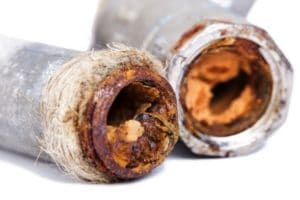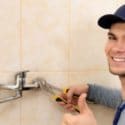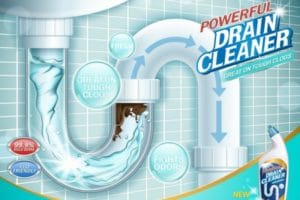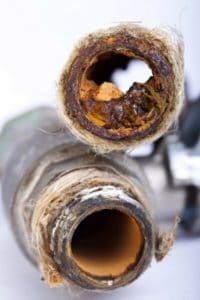Water leaks may seem like minor inconveniences, but they can lead to significant damage and costly repairs if left unchecked. In Salt Lake City, where extreme weather can affect your home’s plumbing system, early detection of water leaks is essential to prevent major damage to your property. At Valley Plumbing and Drain Cleaning, we understand the importance of addressing leaks early, and we’re here to explain why water leak detection in Salt Lake City is crucial for homeowners.
1. Preventing Extensive Water Damage
One of the most significant reasons early water leak detection in Salt Lake City is essential is to prevent water damage. A small, undetected leak can slowly seep into your walls, ceilings, or floors, causing mold growth, rotting wood, and weakened structural integrity. Over time, this hidden damage can escalate into costly repairs that affect not only your plumbing but also your home’s foundation and interior finishes.
If a leak is discovered early, you can address the issue before it leads to widespread damage. This is particularly important in Salt Lake City, where winter freezes and thaw cycles can put additional strain on pipes, leading to leaks in unexpected places.
2. Avoiding Increased Water Bills
Another reason early water leak detection is crucial is the impact on your water bill. Even a small leak can waste gallons of water, and this wasted water adds up quickly. If left undetected, it can significantly increase your monthly utility costs. Over time, this can result in hundreds or even thousands of dollars in wasted water.
By utilizing leak detection services in Salt Lake City early on, you can identify and repair leaks before they lead to a noticeable spike in your water bills. Scheduling routine inspections and being vigilant about water usage can help you stay ahead of potential problems.
3. Protecting Your Home’s Plumbing System
Water leaks, if ignored for too long, can also affect your plumbing system as a whole. Leaks put additional stress on pipes, valves, and other components, increasing the likelihood of other issues developing. For example, a slow, persistent leak can cause corrosion in your pipes, leading to more leaks and even pipe bursts.
Early leak detection helps you protect your entire plumbing system by allowing you to identify and repair problems before they become widespread. This proactive approach helps maintain the integrity of your pipes and plumbing fixtures, reducing the risk of costly replacements and repairs down the line.
4. Reducing the Risk of Mold and Mildew Growth
Mold and mildew thrive in damp, dark environments, and water leaks create the perfect conditions for their growth. If left unchecked, a small water leak can lead to significant mold problems, which not only cause health issues but also require extensive remediation. Mold and mildew can damage your walls, insulation, and flooring, leading to higher repair costs.
Early detection of water leaks allows you to address any hidden moisture problems before mold has the chance to take hold. By preventing mold growth, you not only protect your home’s structure but also the health and safety of your family.
5. Minimizing Disruption and Stress
Dealing with a major leak that has gone undetected for too long can be stressful and disruptive to your home life. It often requires invasive repairs, like tearing out drywall or flooring to access damaged pipes. Early leak detection services in Salt Lake City help you catch problems early, minimizing the need for extensive repairs and reducing the disruption to your daily life.
At Valley Plumbing and Drain Cleaning, we know that timely water leak detection is essential to keeping your home safe and your plumbing system functioning properly. Whether you suspect a leak or just want to ensure your plumbing is in good condition, regular water leak detection services in Salt Lake City can save you money, prevent damage, and provide peace of mind.
If you need professional leak detection or plumbing inspections, don’t hesitate to contact us. For more information or to schedule a service, click here. Let us help you protect your home from hidden plumbing issues!
